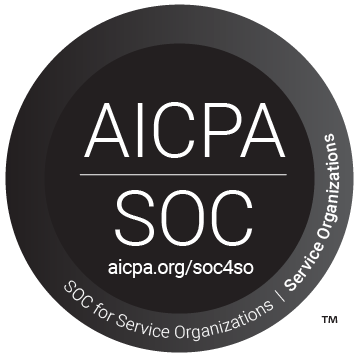Running a successful pet-care business goes beyond offering basic services. It requires a deep understanding of animal behavior, excellent customer service, and an environment where pets feel safe and cared for. The backbone of achieving this success lies in robust staff training.
Investing in your team ensures high standards and builds a reputation for reliability and trustworthiness. As you build out a training plan, here are key elements of the pet-care industry to include.
Comprehensive Knowledge of Animal Behavior
 Understanding animal behavior is crucial for anyone working in pet care. Training should include modules on the basics of animal psychology, recognizing signs of stress or illness, and appropriate handling techniques. By learning to interpret a pet's body language, staff can prevent potential issues and ensure a comfortable environment for all animals in their care. This knowledge is essential for providing a safe and enjoyable experience for pets, which in turn, reassures pet parents.
Understanding animal behavior is crucial for anyone working in pet care. Training should include modules on the basics of animal psychology, recognizing signs of stress or illness, and appropriate handling techniques. By learning to interpret a pet's body language, staff can prevent potential issues and ensure a comfortable environment for all animals in their care. This knowledge is essential for providing a safe and enjoyable experience for pets, which in turn, reassures pet parents.
Key training topics should include:
- Basics of animal psychology
- Recognizing signs of stress or illness
- Appropriate handling techniques
First Aid and Emergency Procedures
Accidents and emergencies can happen at any time. All staff members must be well-versed in pet first aid and emergency procedures. This training should cover common scenarios such as choking, allergic reactions, and injuries. Being prepared for these situations helps manage them effectively and demonstrates to clients that their pets are in capable hands.
Excellent Customer Service Skills
 Pet-care businesses are as much about people as they are about pets. Training staff in customer service is vital for maintaining a loyal client base. Employees should learn effective communication skills, problem-solving, and how to handle complaints gracefully. Creating a welcoming and supportive environment for pet parents enhances their overall experience and fosters trust and loyalty.
Pet-care businesses are as much about people as they are about pets. Training staff in customer service is vital for maintaining a loyal client base. Employees should learn effective communication skills, problem-solving, and how to handle complaints gracefully. Creating a welcoming and supportive environment for pet parents enhances their overall experience and fosters trust and loyalty.
Important customer service skills include:
- Effective communication
- Problem-solving
- Handling complaints gracefully
Cleanliness and Hygiene Protocols
Maintaining a clean and hygienic facility is non-negotiable in the pet-care industry. Staff training should emphasize the importance of cleanliness and educate employees on proper sanitation procedures. This includes:
- Regular cleaning schedules
- Appropriate use of cleaning products
- Protocols for handling waste
- Maintenance of pet vaccination records
A spotless facility prevents the spread of diseases and creates a pleasant environment for pets and pet parents alike.
Continuous Education and Development
The pet-care industry evolves constantly with new research, products, and techniques. Encourage continuous education and development by providing opportunities for staff to attend workshops, webinars, and industry conferences. Keeping abreast of the latest trends and advancements ensures your business remains at the forefront of pet care excellence.
Team Building and Morale
 A cohesive and motivated team is essential for the smooth operation of a pet-care business. Regular team-building activities and an open, supportive work environment can significantly boost morale and productivity. Recognize and reward the efforts of your staff to foster a sense of belonging and dedication to the business's goals.
A cohesive and motivated team is essential for the smooth operation of a pet-care business. Regular team-building activities and an open, supportive work environment can significantly boost morale and productivity. Recognize and reward the efforts of your staff to foster a sense of belonging and dedication to the business's goals.
Investing in staff training is an investment in the success of your pet-care business. Equipping your team with the necessary skills and knowledge ensures a high standard of care for the pets and exceptional service for their pet parents. This commitment to excellence will set your business apart in a competitive market, building a loyal customer base and a stellar reputation. Remember, a well-trained staff is not just an asset but the heart of your pet-care business.
Run a better pet-care business with Gingr. Schedule a demo now!


